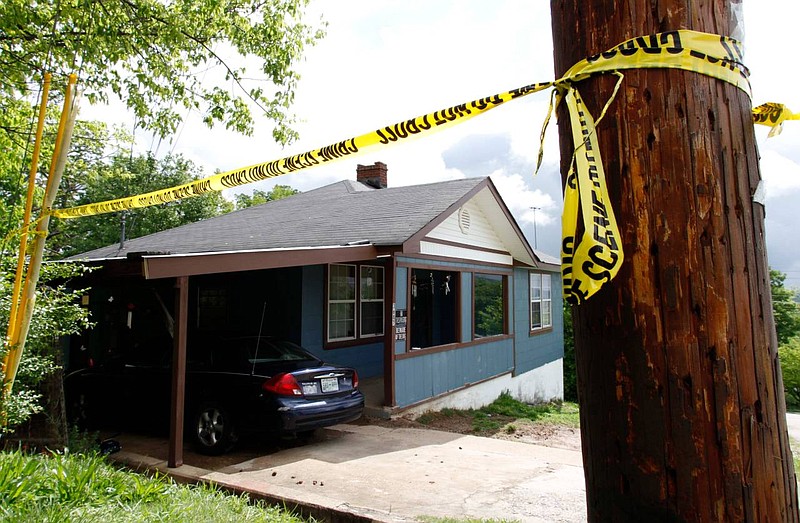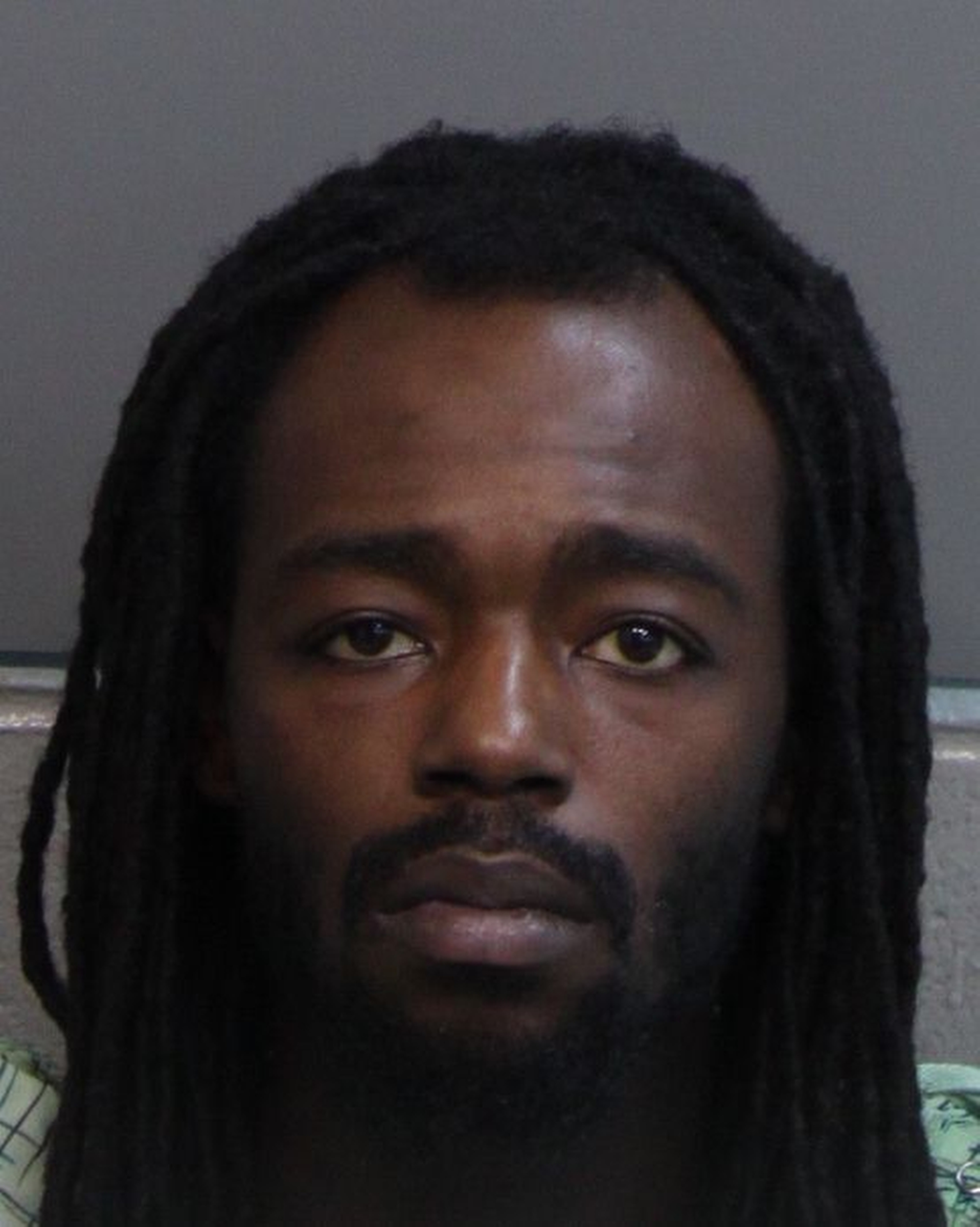A man convicted in 2016 of first-degree murder will get a new trial, this time for second-degree murder, the Tennessee Court of Criminal Appeals ruled last week.
In a four-day trial, Jeremy Reynolds, 34, was convicted in the 2013 shooting death of Wendell Washington.
Washington was gunned down on the front porch of his home on Northrop Drive in the Chattanooga neighborhood of Lupton City on May 5, 2013.
Reynolds was sentenced to life in prison in April 2016.
After that, Reynolds' defense appealed the conviction, arguing there wasn't enough evidence to support a first-degree murder conviction and that evidence of Reynolds' gang membership was improperly admitted at trial.
On Monday, the appeals court agreed, ruling that the trial court abused its discretion in allowing prosecutors to admit evidence of gang involvement that went "far beyond" what was needed to show a connection between Reynolds and the murder weapon.
The Hamilton County District Attorney's Office said it was preparing for the new trial but declined further comment.
Evidence of gang membership - which is not a crime in and of itself - is considered character evidence, and character evidence generally can't be used at trial because it could lead a jury to convict a defendant based upon the defendant's bad character rather than upon the strength of the evidence.
That kind of evidence can still be used in some cases, though at a judge's discretion and only under certain circumstances, such as to prove identity or intent.
At the time of Reynolds' trial, gang violence had been dominating citywide conversations for nearly two weeks, the Times Free Press reported previously. The killing of 22-year-old Robert Jackson while leaving the Sky Zoo nightclub ignited a wave of retaliatory violence, police said at the time. The violence reached a fever pitch the same week of Reynolds' trial when a 17-year-old was killed in a drive-by attack, two pregnant women were shot and nearly died and a third pregnant woman was stabbed.
At the trial, prosecutors introduced a number of photographs showing Reynolds with other alleged gang members, a "gang validation form" - a points system that police officers use to classify citizens as either gang members or associates - and testimony by a Chattanooga Police Department investigator as proof that Reynolds was connected to another gang member who was later found with the gun that was used to kill Washington.
The court of appeals ruled that evidence alone was properly admitted, as it was relevant to circumstantially connect Reynolds to the gun. But, Judge D. Kelly Thomas Jr. wrote, "we are troubled by the breadth of the gang evidence presented in this case, as well as the manner in which the evidence was ultimately argued."
Thomas added, "The testimony went far beyond the content of the defendant's gang validation form and identifying him in the photographs."
For example, testimony detailing the history and structure of the Gangster Disciples was allowed, and during closing arguments prosecutors "used the defendant's gang membership to urge the jury to make a statement with its verdict that it would not tolerate the defendant's 'violence, his shooting, his gangs.' The prosecutor further entreated the jury to 'stop it now,'" Thomas noted in the ruling.
He called the prosecutor's comments "improper."
And while the trial court properly instructed the jury that it couldn't consider gang evidence to convict him, the comments undermined those instructions and showed "an intent to utilize the gang evidence for impermissible purposes," something the trial court should have not allowed, Thomas ruled.
"The last argument the jury heard before deliberating embodied the unfair prejudice that [rules of evidence] seeks to prohibit - the implication that the defendant was a violent individual and that the jury had a responsibility to make a statement with its verdict regarding the community's intolerance for gang activity," Thomas wrote.
The court of appeals determined the jury failed to follow the trial court's instructions to not consider the evidence of gang involvement because it issued a verdict that was "contrary to the law" and in spite of the "notable lack of evidence regarding premeditation."
To prove premeditation, prosecutors only have to show that the defendant thought about killing before actually doing so.
But, as in Reynolds' case, just the fact that the victim suffered multiple wounds isn't enough, Thomas wrote. And prosecutors didn't cite any other evidence to support premeditation other than claiming Reynolds "prepared" to go to Washington's house but offered no proof of such a plan.
For those reasons, the court of appeals ordered a new trial. This time for the charge of second-degree murder, and the trial court is barred from allowing testimony about the history of the Gangster Disciples or evidence of other crimes committed with the gun used to kill Washington.
Reynolds remains in custody at the Trousdale Turner Correctional Center in Hartsville, Tennessee, according to online state prison records.
Contact Rosana Hughes at rhughes@timesfreepress.com or 423-757-6327 with tips or story ideas. Follow her on Twitter @Hughes Rosana.

